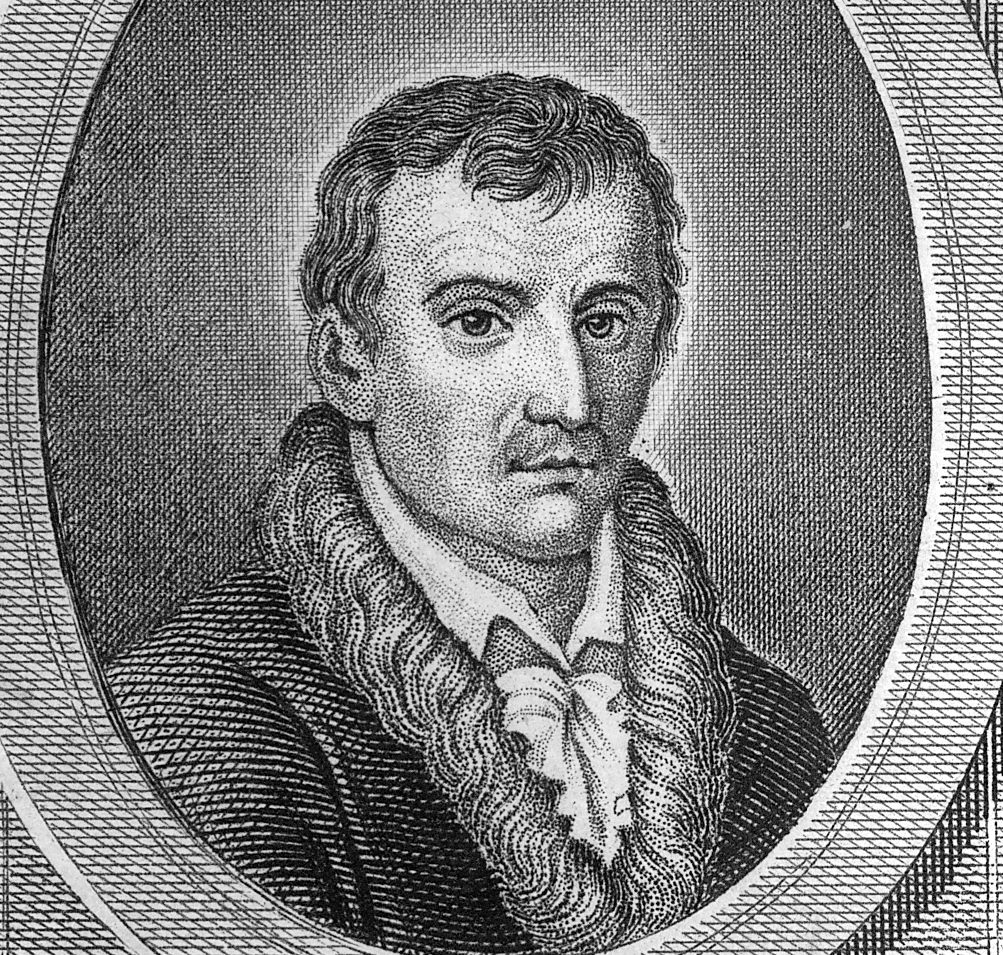
In Dresden
"For twelve years I had not seen Dresden"
For twelve years I had not seen Dresden, whither once I had walked up from Leipzig to search out certain passages in Guichard's Mémoires militaires,(1) which I did not find there. Nor did I find them in Dresden either, for they had been sent to a general in Lusatia. On my return I encountered the freebooter Quintus Icilius(2) at the theologian Morus's(3) house, and found in him nothing that was of any use to my trade. So one makes many a march in this world, as in war, in vain.
A cold, heavy, very unkind air often blew upon me when I came near a residence; nor can I say that Dresden this time made an exception, friendly though the weather had been at Meissen. One meets so many gloomy, unfortunate, dehumanised faces, that every five minutes one comes upon one that seems either to deserve public chastisement, or to be ready to administer it. You may imagine such sights do not bring comfort.(SN3) Many appear in one way or another to belong to the court, or to be petty underlings of the colleges, who drag on the rope of poverty and sullenly snap the little end at anyone who comes too near their wretchedness. Rudeness and impertinence are known to be most at home among the court rabble of the great, who often seek to avenge themselves thereby for the ill-usage they endure from the by no means refined caprice of their lords.
Courtesy ought to come from the court; but the word, like many others in life, seems to be its own antiphrase, and “court” often means only a place where courtesy is no longer to be found, just as “law” is often the opposite of justice. Woe to the man condemned to the antechamber! It is great good fortune if his spirit does not become servile or despotic; and it takes more than common manly strength to hold fast, in such a place, to the proper ground of human dignity.
I come just now from the theatre, where they gave Großmann’s old play The Six Dishes(4). You know the company. They worked on the whole not badly. The piece itself had been cut, and I expected, as usual, a regular botching; but on closer comparison I found that the author had been relieved of a multitude of emptinesses and flatnesses, and their removal was a gain. Several strokes too glaring—though perhaps not so, when the play first appeared five-and-twenty years ago—had been struck out. Yet, with the usual narrow-chestedness of Dresden, they had also left out some things that would better have remained, to the credit of liberal tolerance. I cannot see why the prince was turned into a king. The whole affair took on, by this arbitrary coronation, such a stiff constraint that in various scenes it was very noticeable. If in kingly cities one were to turn kings into mere princes, would anything thereby be improved? Are not both subject to faults?
The fear here was quite needless; and the character of the truly excellent Elector(5) is more insulted by such petty contrivances. In his whole life perhaps only one or two rash acts were ever laid to his account, and none of them were touched in the play. That the grossness of the last twenty years should be wiped away has both moral and aesthetic ground; but I do not see why the still glaring follies and defects of the caste of nobility should not be named with frankness, reproved, and chastised with the scourge of ridicule, in order to correct them. If they are no longer present, there is no longer need to strike at them. But that it is still needful is shown by the anxious care with which they avoid so much as touching the absurdities of the most recent chamber-junkers(6).
Christ, as Court Councillor, spoke with complete assurance and correctness, and his manner was precise and measured, without seeming so. You know his delicate tact. Madam Hartwig played his daughter with her usual theatrical grace, and at certain moments with uncommon and very felicitous artistry. Madam Ochsenheimer is beginning to become quite a good soubrette, and in her husband’s school promises much for her branch of the art. Ochsenheimer himself did not show to advantage in the role of Herr von Wilsdorf. Thering and Bösenberg you know: the first as Philipp, the second as Wunderlich, both had a fairly rewarding part. Thering acted with his usual grotesque humour and had to please; but Bösenberg made an offensive blunder, which perhaps cannot be laid wholly to his charge. Wunderlich was to be paid __stante bene__ for the carriage he had provided: and now imagine Bösenberg’s Upper-Saxon pronunciation, which loves to make the soft hard and the hard soft, and which here seemed particularly marked. The half-Latin part of the audience laughed outrageously, and to me it appeared a piece of ill-breeding of the first order. The other roles were tolerably filled. Even Drewitz did not play Fritz badly, because he played him badly. But Henke was a major like a stable-boy, and worked—or rather bungled—to the great amusement of all the military sitting around me in the parquet. The fault lay less with him than with the management that had made him a major. Non omnia possumus omnes —we cannot all do everything; he plays the baker Ehlers in an Iffland piece quite well.